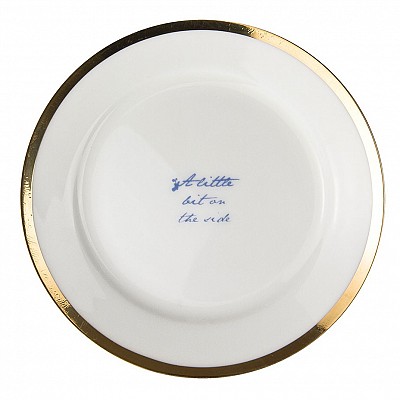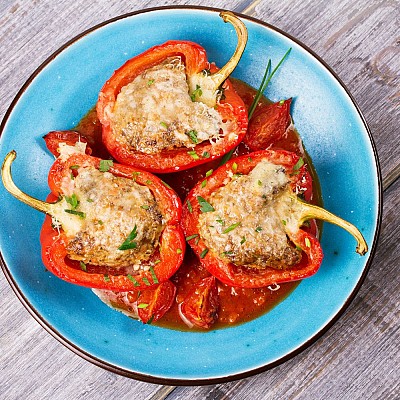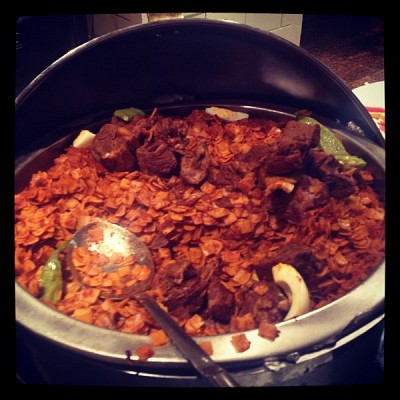How many times have you thrown away food thinking it can't be reheated? Are there any foods you didn't think you could reheat? Well look no further, this infographic is the ultimate guide to reheating food - so waste not want not.
Preparing and eating a big meal can be a rewarding process when we have time, but long working days and busy lifestyles mean that such occasions can be rare. Reheating previously cooked food is a simple and relatively quick exercise, however, and leftovers – or intentionally cooked ‘extras’ – can often be even more delicious second time round.
While cooking up leftover food is largely hassle-free, paying attention to a handful of details regarding storage and reheating is essential if you want to ensure the food is both tasty and safe to eat. Hot food should be cooled quickly, but shouldn’t be put straight into the fridge. Help dishes to cool quickly by spreading them in shallow dishes or adding ice cubes to soups, and refrigerate below 5°C/41°F to limit the growth of bacteria. Reheat it within a couple of days; some foods can be kept longer in the freezer, but be sure to tag them so you know what went in on which date.
When it’s time to reanimate an already cooked dish, there are both safety and flavor considerations to take into account: frozen foods should be thawed in the fridge, and all leftovers should be reheated to 73.8°C (or brought to the boil where appropriate) to guard against food poisoning. It may be worth fine-tuning your reheating approach with some of the leftover classics. Pizza, for example, is best warmed up in a skillet than the microwave the second time round, and your soup may do better on the stove.
Cooking ahead for the week can save both time and money, and it doesn’t take much effort to get it right. Familiarize yourself with the principles on this handy new graphic, and you’ll soon be on the way to becoming a leftovers Master chef.







































